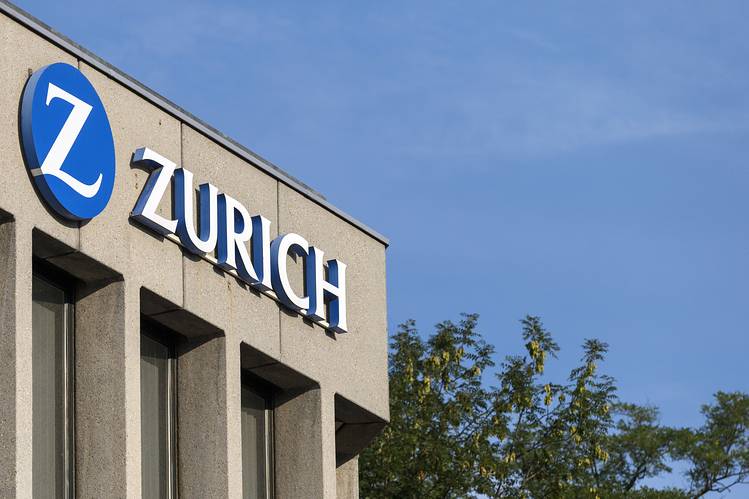Germany to Boost Climate and Transformation Fund to More Than €200 Billion

|
Listen to this story:
|
Germany will top up a pot to fund climate-protection measures and investment in semiconductor production by about €20 billion ($22 billion) to more than €200 billion, according to people familiar with the plan.
Chancellor Olaf Scholz and his cabinet will approve the additional cash on Wednesday for the period through 2027, before the plan is sent to parliament for ratification, said the people, who asked not to be identified discussing confidential information.
Spokeswomen for the finance and economy ministries declined to comment on the details of the plan, saying it’s still under discussion.
Most of the money in the so-called Climate and Transformation Fund, which is overseen by Economy Minister Robert Habeck of the Greens and is not part of the regular federal budget, is earmarked for climate-protection measures.
These include sustainable renovation of buildings, subsidies for the replacement of fossil-fuel heating systems and an expansion of Germany’s hydrogen infrastructure.
The investment push is part of a wider trend in Europe of governments trying to accelerate the process of cutting harmful emissions to help meet the continent’s ambitious climate targets.
See related article: Germany, South Africa Agree to Cooperate on Green Hydrogen Projects
Scholz’s ruling coalition has also channeled about €20 billion from the pot to help lure semiconductor manufacturers to Germany. Some of the money will be diverted into building out the rail network, one of the people said.
The fund effectively enables Habeck to push ahead with investment in Germany’s green transition, while allowing Finance Minister Christian Lindner — a fiscal hawk from the business-friendly Free Democrats — to restore a constitutional limit on net new borrowing.
The mechanism is financed by its own reserves and income. About €60 billion was diverted into the pot from aid originally earmarked to deal with the impact of the Covid-19 pandemic, a move which has been challenged by opposition lawmakers in Germany’s top court.
The fund’s revenue is derived from proceeds from European emissions trading and Germany’s carbon price. The government has agreed to increase that levy to €40 per ton at the beginning of next year, from €30 currently, according to the people.
The Frankfurter Allgemeine Zeitung newspaper reported last week that the government planned to increase the amount of cash in the fund to “just under” €200 billion.
Source: Bloomberg












